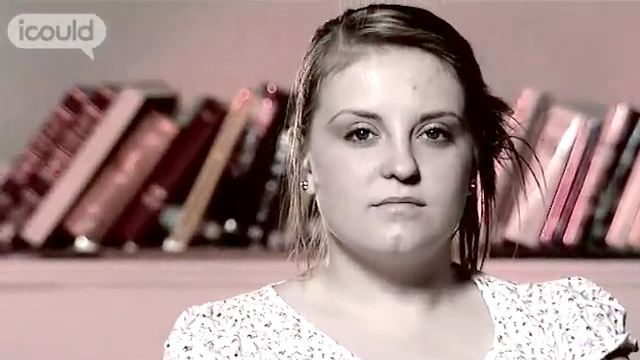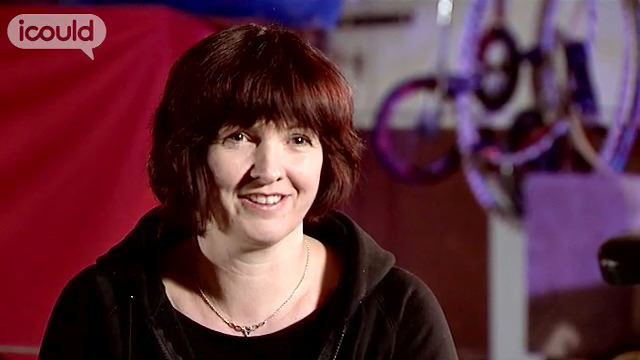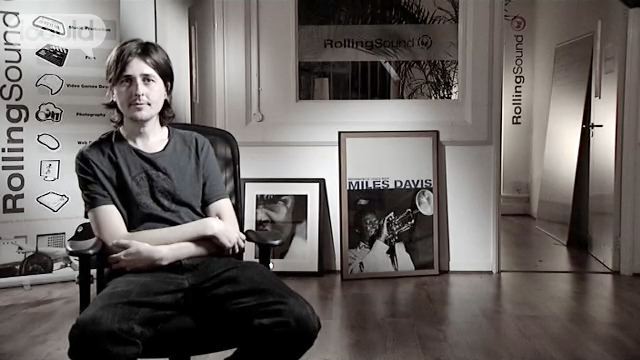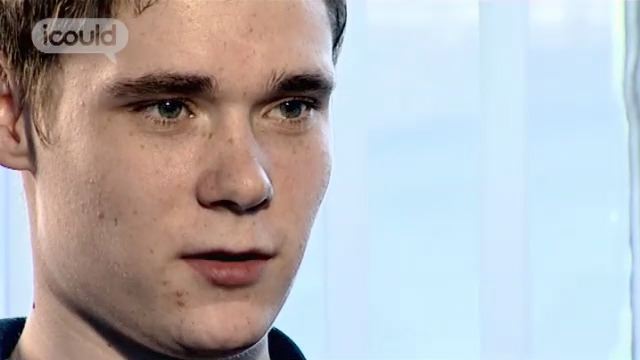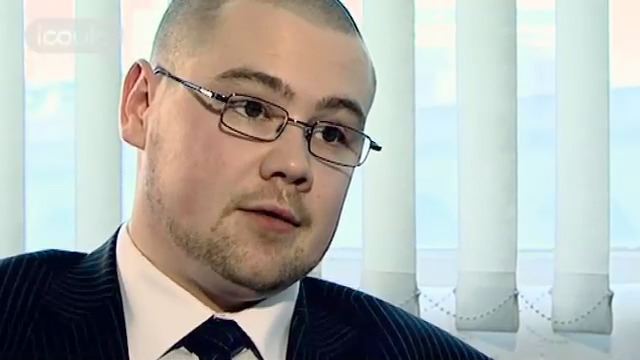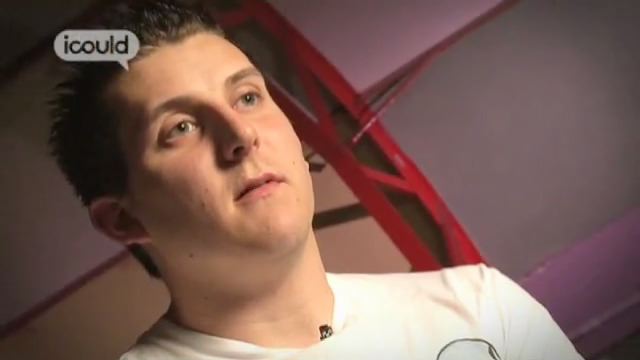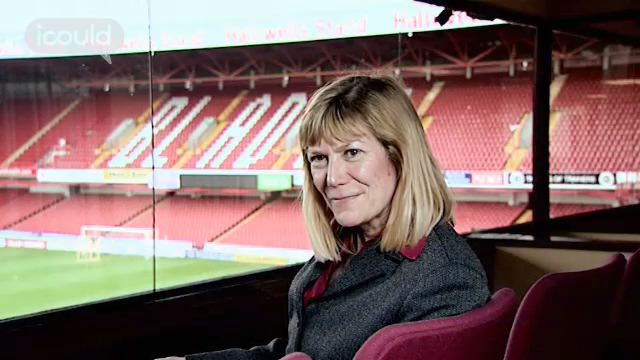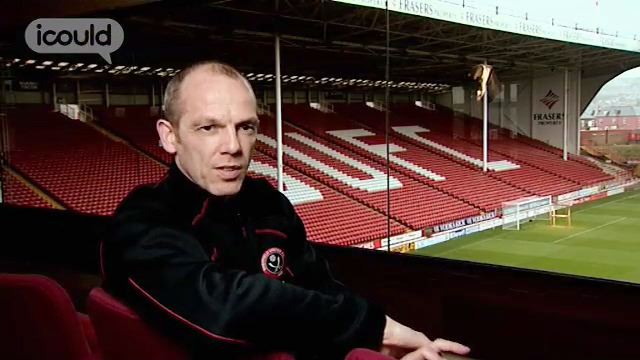Arts and Cultural Development Officer
Belfast Youth Initiatives
JOHN PAUL RUSSELL
00:02 OK I’m John Paul Russell I work for the Colin Neighbourhood Partnership and my job title is arts and cultural development officer.
00:11 It involves basically a whole range of arts and cultural activities and that’s working from zero to sixty, seventy five year olds providing arts and cultural activities to people living within this community. And that could range from dramas to you know arts and crafts workshops or providing workshops on the Irish language, a whole range of different things but it’s used to target social deprivation.
00:37 I got this job through working in community work along time, I’ve jumped from being a peer advocator to, and outdoor pursuits instructor to working in the West Belfast festival.
00:49 I always thought I was going to be a joiner, or you know an electrician because I’ve all, I was always messing about with electric when I was younger and messing about with bits of wood or you know, but as I say I just fell into it, you know it was just, it just felt like a natural progression as I went along, I left school early, and, was volunteering, a later direction of going and drinking every weekend and you know smoking blow or going down that route or focusing myself on something positive you know and out it I gained a lot of qualifications in outdoor activities you know first aid training, child protection you know whole load of different things that has benefited me in my life you know even I’d say this job you know the whole self confidence and personal development how, really, really developed you know, and one of those things that actually would have been, got a chance to go to Africa and stuff as well through a youth programme.
01:42 First job I think was fourteen and I was working at KFC for pocket money, but I was seventeen when I got my first paid job, I’d actually working in an organisation voluntary for a long time, and eventually a position came available when someone left that I could fill, for a few months.
02:00 My father is actually just a general labourer, he worked in steam trains when he was younger before I was born, you know which always fascinated me but, he just works in construction and my mother’s retired, she worked in a bakery and she worked as a cleaner you know, especially making ends meet, it was a big family, there was seven of us all together you know so, mouths to feed yeah. We looked for what jobs was available in Dublin you know. Was never bullied or anything in school it just, never found interest in the formal education certain, you know it was always the informal education you know when you were talking one to one with people and they were teaching you like that you know I was never one for pen and paper which is strange because now I’m doing a desk job where a lot of it involves pen and paper you know.
02:45 I was originally starting off doing the GCSEs and I’d basically done three or something then the qualifications didn’t even count you know but it was that stage you know educational wise I was getting more out of my voluntary work I was getting qualifications that I always knew that I wanted to use in the future you know. But then afterwards down the line I have gone down the formal education route and I’ve gone back to college and now at the end of qualification in community development education you know.
03:12 Obviously my parents were disappointed that I did leave school early but I think I was in surely down sort of you know they felt sort of safe enough knowing that what I was doing then you know was involved in community work, I was taking a good direction in life but there was always support there for me in a sense you know if it didn’t you know work out for me you can always try something new, try something different and see where it leads you, you know.
03:34 My major turning point was when I realised that I’d no qualifications leaving school, and I didn’t know what I was going to do, you know I was young, I was involved in training courses I didn’t want to do because I was pushed onto them because I’d left school. It was a government run training courses that you know you had to go on if you hadn’t got work or anything had, or you hadn’t a placement you know so, I think that was the real turning point for me.
03:59 END
John Paul Russell works for the Colin Neighbourhood Partnership as the arts and cultural development officer, he says “It involves basically… providing arts and cultural activities to people living within this community. And that could range from dramas to you know arts and crafts workshops… a whole range of different things”. John Paul was disappointed with the qualifications he got at school, but got alot of training through his volunteering, he has even been to Africa to do youth work.
More information about Youth and community workers
The UK average salary is £29,813
There are 37.5 hours in the average working week
The UK workforce is 47% female and 53% male
Future employment
- Organises social, recreational and educational activities in local community and youth groups;
- Undertakes the day-to-day running of community centres and supervises the activities of part-time and voluntary workers;
- Liaises and supports voluntary workers running groups in village halls, churches, mosques and other places of worship;
- Advises individuals with particular needs or problems through informal discussion, individual counselling or formal group discussion;
- Helps set up credit unions, encourages parents to establish playgroups, works with other groups to find solutions to shared concerns or problems.
